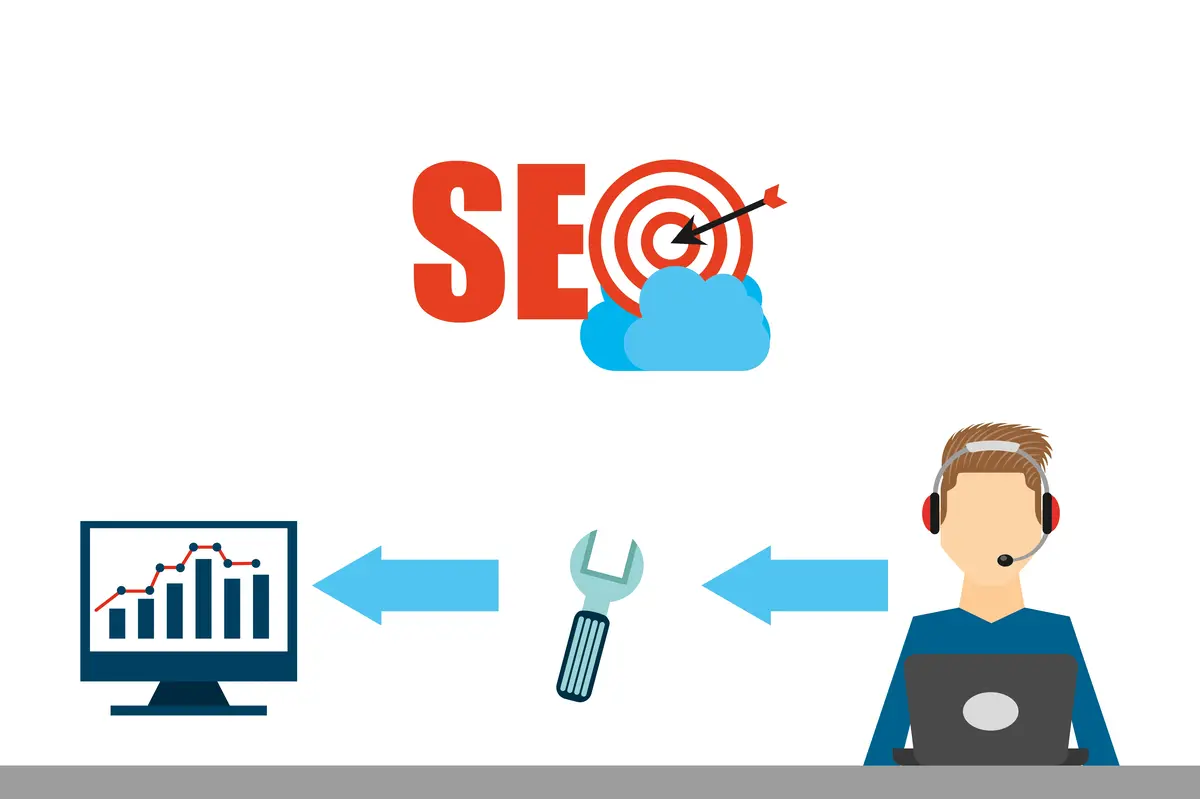Mastering Off-Page SEO: Strategies for 2024
Off-page SEO focuses on activities beyond your website that strengthen its authority, relevance, and trustworthiness. These efforts play a critical role in enhancing your site’s rankings and overall visibility. In 2024, off-page SEO emphasizes quality and strategic value, making it essential to adopt proven and innovative tactics. Below is a detailed breakdown of the key strategies for mastering off-page SEO this year.

Building High-Quality Backlinks
Backlinks remain a cornerstone of off-page SEO. Search engines consider backlinks as endorsements of your content’s quality and authority. However, the focus has shifted from quantity to quality, emphasizing links from reputable and relevant sources.
In 2024, prioritize earning backlinks from authoritative websites within your niche. Guest blogging is a great approach—identify industry blogs or publications and pitch high-value content ideas. Platforms like HARO allow you to connect with journalists, earning mentions and backlinks from high-authority media outlets. Additionally, audit your backlink profile regularly using tools like Ahrefs to identify and disavow harmful or irrelevant links.
For a deeper dive into backlink strategies, check out our Guide to High-Quality Backlinks. By focusing on creating valuable and shareable content, you can attract natural backlinks while building authority in your domain.

Leveraging Social Media for SEO
Social media plays an indirect yet impactful role in off-page SEO. While social media links are no-follow and don’t directly boost rankings, platforms like LinkedIn, Instagram, and Twitter help amplify your content, drive traffic, and foster brand awareness.
Build a consistent social media presence by posting engaging and shareable content that aligns with your brand voice. Infographics, videos, and interactive posts often gain more traction and encourage sharing, signaling value to search engines. Social media platforms also help generate referral traffic, which can indirectly boost your SEO efforts.
Create campaigns that drive engagement and link back to key pages on your site. High engagement rates, including likes, shares, and comments, show search engines that your brand is relevant. For more insights, visit our Social Media SEO Strategies Guide.
Online Reputation Management
A strong online reputation is vital for both SEO and customer trust. Reviews, ratings, and feedback directly influence local SEO and brand credibility.
Encourage satisfied customers to leave positive reviews on platforms like Google My Business, Yelp, and niche-specific review sites. Responding to reviews—both positive and negative—demonstrates that you value feedback and are proactive in addressing concerns. Use tools like Google Alerts to monitor brand mentions and address issues promptly.
Managing your online reputation also involves creating content that positively highlights your brand, such as testimonials and case studies. Visit our Online Reputation Management Guide for more strategies.
Influencer Marketing for Backlinks and Awareness
Influencer marketing is a powerful off-page SEO strategy, helping you reach larger audiences while building authority. Influencers with engaged followings can introduce your brand to new users and provide valuable backlinks through collaborative content.
Use tools like BuzzSumo to identify influencers in your niche with strong engagement metrics. Partner with these influencers to create content that resonates with their audience while showcasing your expertise. Examples include product reviews, co-branded campaigns, and guest blogs.
Collaborating with influencers strategically enhances brand visibility, drives traffic, and improves your backlink profile. Learn more in our Influencer Marketing SEO Guide.
Brand Mentions and Unlinked Mentions
Brand mentions, even without links, contribute to your site’s authority. However, turning these unlinked mentions into backlinks amplifies their value for SEO.
Track unlinked mentions using tools like Ahrefs or Mention. When you identify a mention, politely reach out to the site owner or author and request a link back to your website. Providing a clear explanation of how linking enhances their content often increases your chances of success.

Leveraging Forums and Communities
Engaging in relevant forums and communities helps build authority, drive traffic, and foster trust within your industry. Platforms like Reddit and Quora allow you to answer questions and participate in discussions, subtly linking to your content when appropriate.
Avoid spammy tactics and focus on providing genuine value. Establishing yourself as a thought leader in these spaces not only builds trust but also drives organic traffic to your website. For targeted advice, visit our Forum Marketing Strategies Guide.
Broken Link Building
Broken link building involves finding non-functional links on other websites and suggesting your content as a replacement. This approach benefits both parties, as you help the site owner fix an issue while earning a backlink in return.
Use tools like Check My Links or Screaming Frog to identify broken links. Reach out to site owners with a polite email explaining the issue and offering your content as a solution.
For more details, read our Broken Link Building Guide.

Building Citations for Local SEO
Citations are mentions of your business name, address, and phone number (NAP) across the web. They are essential for local SEO and signal to search engines that your business is trustworthy and legitimate.
Claim and update listings on platforms like Yelp, Bing Places, and Yellow Pages. Ensure your NAP data is consistent across all platforms. Use citation management tools like BrightLocal to streamline the process. Learn more in our Local Citation Building Guide.
Press Releases and News Mentions
Press releases can generate media coverage, backlinks, and heightened brand visibility. Submit newsworthy updates—such as product launches or partnerships—to platforms like PR Newswire to gain exposure.
Craft your releases to provide value and capture media attention. Use a professional tone, and include a clear call-to-action directing readers to your website. For a detailed approach, visit our Press Releases SEO Guide.
Content Syndication
Content syndication involves publishing your content on third-party platforms like Medium or LinkedIn. Syndicating content increases visibility and drives referral traffic to your site.
When syndicating, include canonical tags to avoid duplicate content issues and ensure proper attribution to your original page. Learn more in our Content Syndication Guide.
Off-page SEO is critical for building your website’s authority and visibility in 2024. By focusing on high-quality backlinks, leveraging social media, managing your online reputation, and employing advanced strategies like broken link building and influencer collaborations, you can strengthen your SEO efforts. Implement these proven strategies to boost your rankings and establish your site as a trusted authority. For a complete overview, visit our Off-Page SEO Guide or explore external resources like SEO Trends for 2024.
Contact Us
Drop Us a Line
Talk to Our SEO Experts – Start Your Success Journey!
